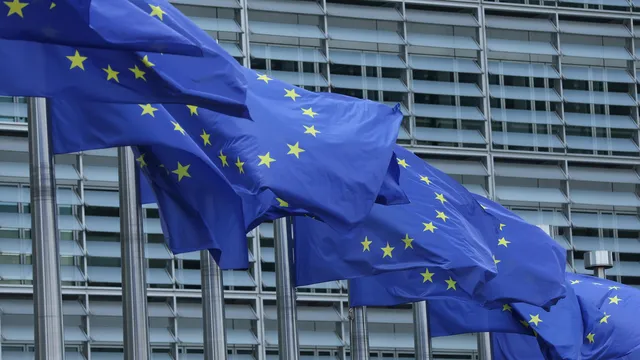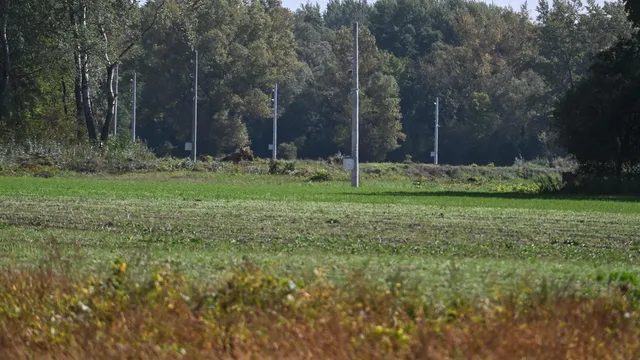The European Parliament is set to give final approval to a law aimed at drastically reducing food waste and limiting the environmental footprint of fast fashion, AFP reported.
According to Brussels, the 27 EU member states generate about 130 kg of food waste per person annually — a total of 60 million tons — as well as around 15 kg of textile waste. By limiting food waste, the EU aims to reduce the use of water, fertilizers, and energy for the production, processing, and storage of food that ultimately gets discarded.
The same logic applies to textiles: producing a single cotton T-shirt requires 2,700 liters of water — an amount the average person drinks over two and a half years.
Member states will have mandatory targets for reducing food waste, but they will decide how to achieve them. By 2030, they must cut food waste from households, retail, and restaurants by 30% compared to 2021–2023 levels, and reduce waste from food processing and production by 10%.
Parliament rapporteur Anna Zalewska proposed “targeted solutions,” such as promoting so-called “ugly” fruits and vegetables, clarifying expiration dates, and donating unsold but still edible food.
Restaurants and the hospitality sector continue to oppose mandatory targets and advocate for consumer awareness campaigns. “The key is raising awareness — especially among consumers. Over 50% of food waste in Europe is generated in households,” said Marin Tizon from Hotrec.
The new law updates a 2008 waste directive and extends its scope to the textile industry. Manufacturers will be required to cover the costs of collecting, sorting, and recycling clothing, carpets, mattresses, and other textile products. Currently, less than 1% of the world’s textile waste is recycled, with the EU generating 12.6 million tons annually.
The law also aims to curb the influence of ultra-cheap fast fashion, mostly imported from China via platforms like Shein, which is under investigation by Brussels for risks related to illegal products. In a separate initiative, the EU proposes a two-euro charge on small parcels to limit mass imports, which last year reached 4.6 billion small shipments — over 145 per second, 91% of which came from China.
The farming sector is excluded from the waste reduction targets, raising concerns among environmental organizations such as WWF. “Losses before, during, and after harvest or animal rearing make up a significant portion of food waste along the value chain,” the organization noted. | BGNES

 Breaking news
Breaking news
 Europe
Europe
 Bulgaria
Bulgaria







